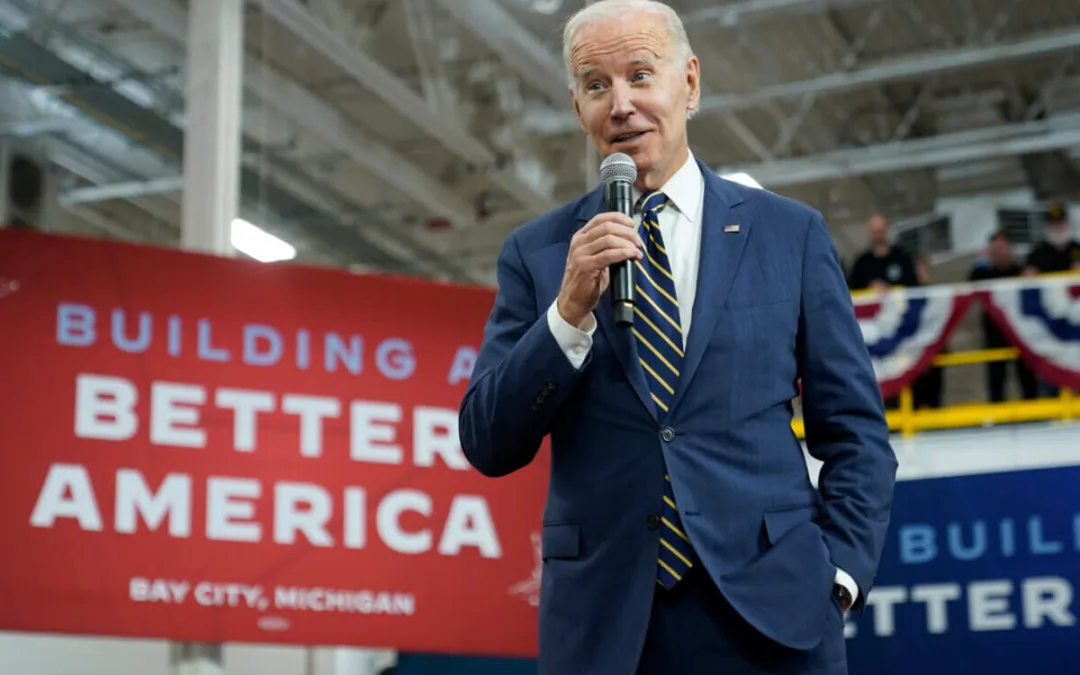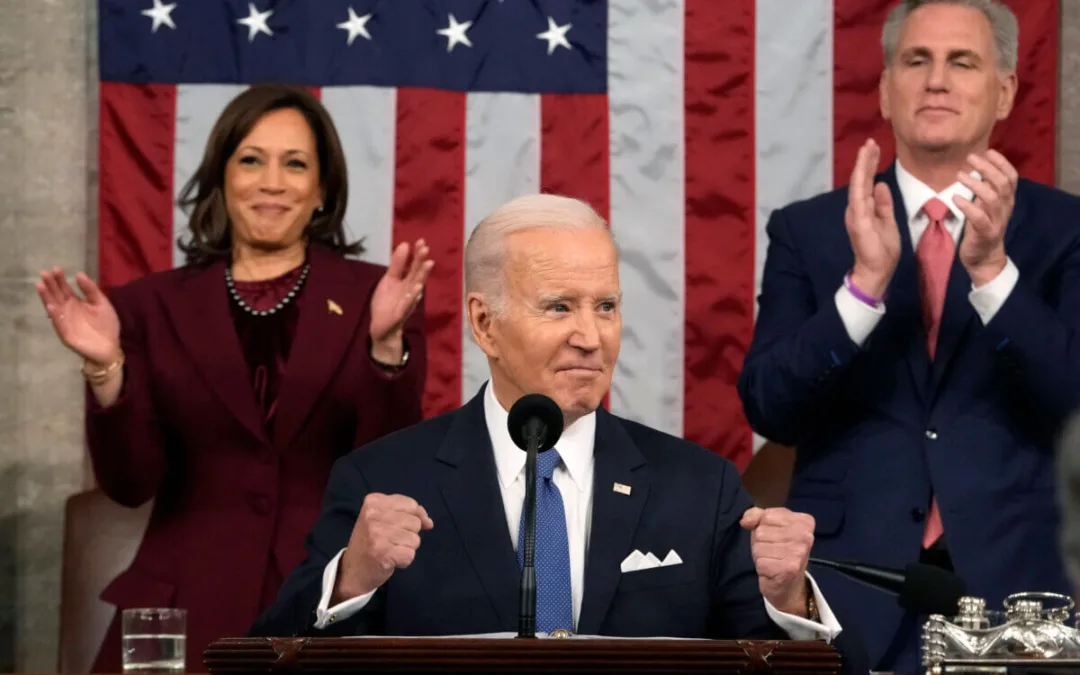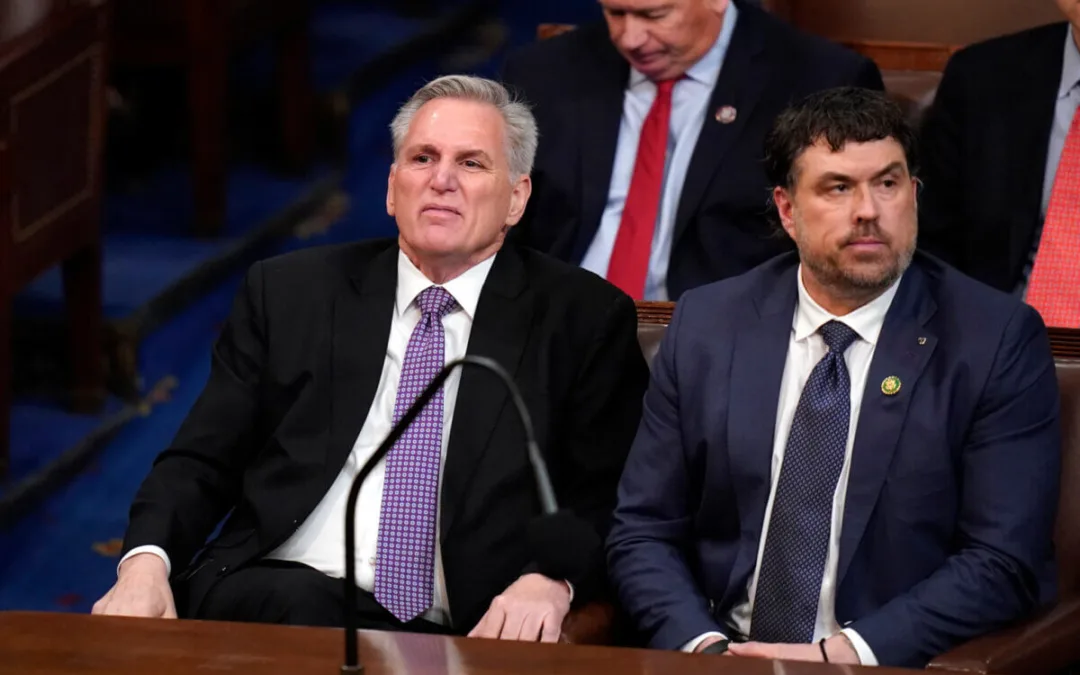
Image via Marcelo Volpe for The Americano
UPDATE: Late in the afternoon of Friday, March 27, the Venezuelan ex-military Clíver Alcalá turned himself in to US authorities in Colombia and will be flown to the US on a D.E.A. plane, according to the Colombian newspaper El Tiempo via Twitter. The retired general is expected to become a star witness in the case against Nicolás Maduro.
Translation by Yehudit Mam
After more than five years of scarcity and shortages, in the midst of a permanent crisis in all public services, the majority of Venezuelans are calmly resigned to standing in endless lines to buy food, medicines and other basic staples. The wait used to be made easier by chitchatting with the neighbors. Now the lines uphold “social distancing”: people put on their masks and are busy checking their phones, looking for information about the spread of Covid-19 worldwide.

This is how, on the twelfth day of the national quarantine, many learned of the million-dollar reward offered by the United States for the head of Nicolás Maduro and some of his government’s officials accused of drug trafficking, money laundering, and criminal association.
A few hours later, official sources broadcasted the news of a new attempted coup against the Maduro regime taking place from Colombian soil. Imagine getting this news at the supermarket cash register as you find once again that your budget is not enough for all the food your family needs; your car is running low on gas but you have no time to wait on yet another line, and you need to hurry because it’s past noon and traffic is about to be curtailed (one of the quarantine’s measures). As you drive, you pray that there will not be another blackout, you steel yourself to try to get gas tomorrow and fear what news awaits when you get home.

Coup and Countercoup
On March 26, the US Department of Justice offered a 15 million dollar reward to whoever has information related to the accusations of drug trafficking and money laundering against Nicolás Maduro. Similarly, 10 million dollars are being offered for information about some of his closest cronies, and also, curiously, for information on two Chavista ex-military officers who are now adamantly against Maduro: Hugo Carvajal and Clíver Alcalá.

The statement by US Attorney General William Barr identifies Maduro as presumed head of the “Cartel de los Soles” that is responsible for “flooding the United States with cocaine”. This accusation contradicts the facts made available by reputable American institutions like the Washington Office on Latin America (WOLA), which asserts that Venezuela is not a primary transit point for the cocaine that arrives in the US. According to WOLA’s analysis, Colombia is responsible for ten times more cocaine heading to the United States than Venezuela.
The United States and the Colombian governments have been saying for years that Venezuela is a safe haven for the dissident factions of the FARC which produce and distribute drugs. According to them, the Cartel de los Soles would be the structure that coordinates these efforts, but this is the first time that Maduro is accused directly of being the leader of the organization. Maduro responded that this is “an extravagant, extremist and vulgar action… We are ready to fight in all territories and to keep defeating them”.
This latest judicial resolution by the Trump administration was amply covered by the international media, in contrast with a claim that also made the busy news agenda in Venezuela, about the seizure of an arms arsenal in the north of Colombia destined for attempts against Chavista political leaders, Maduro among them. The Venezuelan ex-general Clíver Alcalá Cordones publicly assumed responsibility for the seized arms and said that the plan was hatched in Colombia by opposition leader Juan Guaidó and his American advisers. Alcalá also said that Colombian President Iván Duque was aware of this conspiracy. In Alcalá’s own words, at the possibility of turning into a “false positive”, he would give himself up to the Colombian authorities.
Today, a day after Alcalá’s revelations, a photograph has been circulating on social media of Alcalá with Hermágoras González, head of the drug cartel of La Goajira and liaison with the United Self-Defense Forces of Colombia, a paramilitary group. Other photographs currently making the social media rounds show Juan Guaidó in the company of the leaders of the narcotraffickers gang Los Rastrojos.
The fact is that these measures by the Trump administration exacerbate the economic and diplomatic embargo against Venezuela, in opposition to the pleas of leaders like Josep Borrell, High Representative of the European Union for Foreign Affairs and Security Policy, and Michelle Bachelet, the United Nations High Commissioner for Human Rights, who have publicly asked for the suspension or diminution of the sanctions against countries like Iran, Cuba, and Venezuela during the COVID-19 pandemic.
The timing of this new escalation by the Trump government can perhaps be better explained by the coronavirus crisis in the United States and in Venezuela.
Recently, new negotiations have taken place to refinance Venezuela’s debt to China, which would allow the Maduro government to free more than 3 billion dollars to fight both the coronavirus and the drastic drop in oil prices, which is the country’s main source of income.
In addition, the pandemic appeared precisely as the opposition headed by Juan Guaidó had started another political attack. After repeated failures in executing what they call “ceasing the usurpation”, at the beginning of this year the opposition called to protests in February and early March which were massively attended and promised to relieve some of the disenchantment among its ranks. The coronavirus put this strategy on quarantine.
Meanwhile, Maduro’s government has taken the reins and is in total control of the country. At the same time, sectors of the moderate opposition which were proposing negotiating with the Chavistas in the next legislative elections have been able to gain public relevance by asking all the parties to refrain from belligerence and establish coordinated measures to face the current crisis. The actions taken by the United States seem to be designed to dynamite this scenario and put Guaidó back on the political arena.
What Unites Us And What Divides Us
Late last night, Guaido’s team released a statement supporting the measures by the Trump Administration. They have not responded to the accusations made by Clíver Alcalá.
The news about the reward offered by the United States helped put in stark relief what divides us, as seen in social media messages:
“What if the regime falls and we can’t celebrate because we are under quarantine?”
“Several days ago there was a video of the Subpresident of Colombia Iván Duque singing and dancing at a notorious drug lord’s party, but of course the “narcopresident” is Maduro”.
Even some opposition sympathizers agree that this is an inconvenient development because it aggravates the already anguishing situation created by the quarantine. “Why is this measure being taken during the coronavirus pandemic in which the Venezuelan people are stuck at home, with enormous anguish and eager for information?”, asks Isabel, a 42-year-old lab analyst.
Right now we are united by the fear, which is keeping the majority of Venezuelans at home, of falling sick in a country with a significantly precarious health system. But even in the midst of the uncertainty generated by the pandemic, the threat of political instability and the fear of the looming economic consequences, we are united by the impulse to share food, transportation, and the care of our elderly. In the midst of the crisis, beyond our political differences, we are united by solidarity.
Politics

Teamsters and UPS Reach Tentative Deal to Avoid Strike, 340,000 Workers to Get Raises
The tentative deal represents a huge win for full- and part-time UPS Teamster workers, who would get significant pay raises and better working...



One Republican Senator Is Blocking 265 Military Promotions, Leaving the Marines Without a Confirmed Leader
Sen. Tommy Tuberville's decision means these military officers are not getting the pay raises they’re owed, cannot move their families to wherever...
Local News



Teamsters and UPS Reach Tentative Deal to Avoid Strike, 340,000 Workers to Get Raises
The tentative deal represents a huge win for full- and part-time UPS Teamster workers, who would get significant pay raises and better working...



One Republican Senator Is Blocking 265 Military Promotions, Leaving the Marines Without a Confirmed Leader
Sen. Tommy Tuberville's decision means these military officers are not getting the pay raises they’re owed, cannot move their families to wherever...




